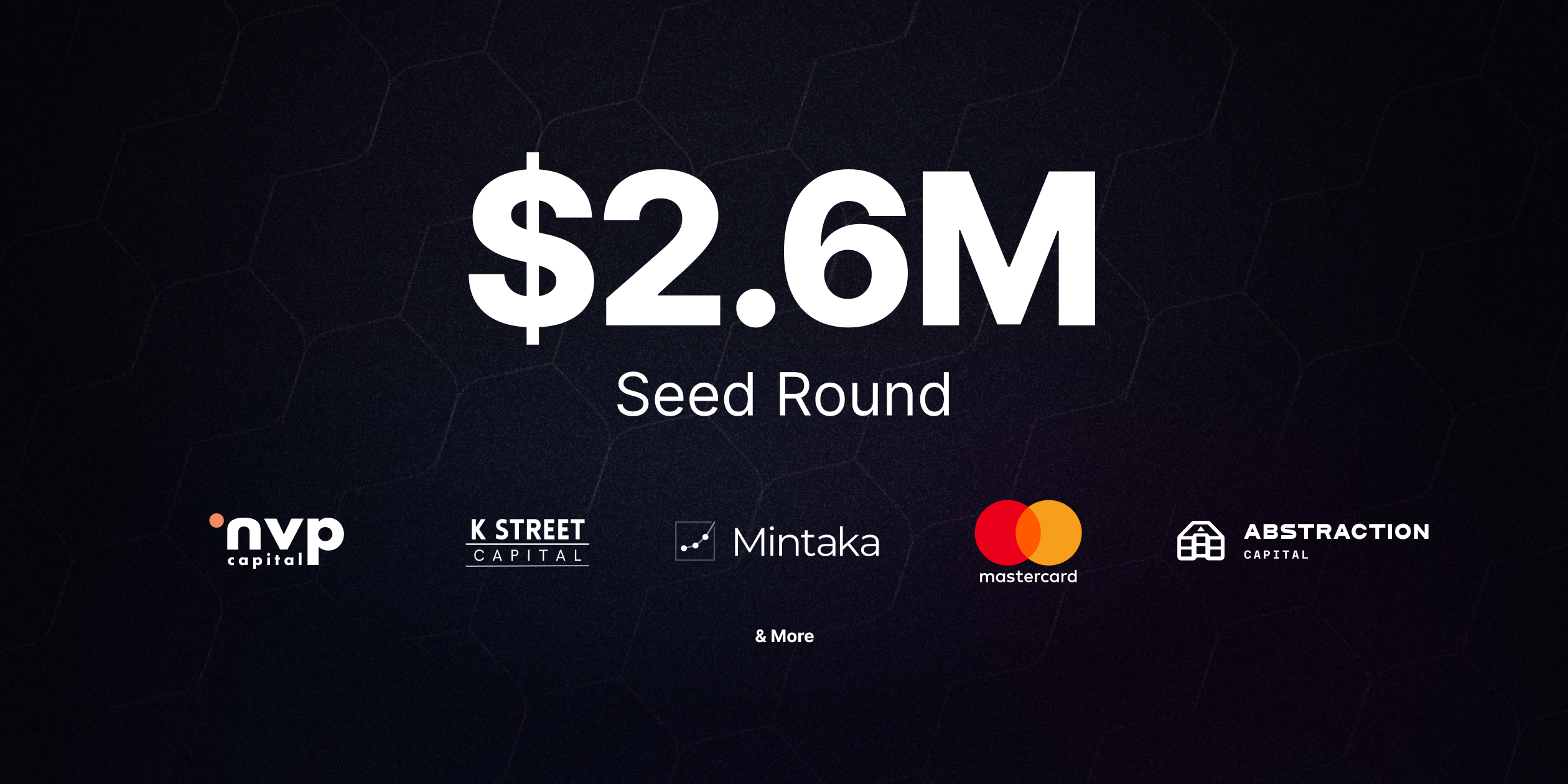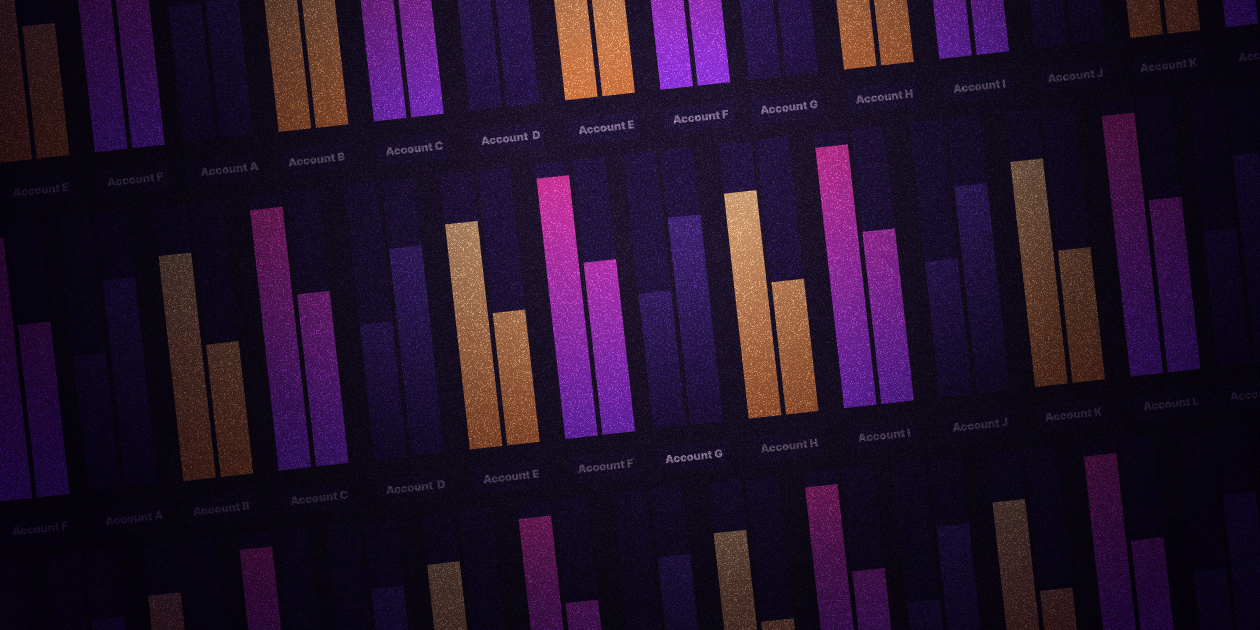
What is Open Banking? Exploring the Impact of Open Banking in Financial Services
Open banking represents a significant evolution in the financial sector, altering the way we manage and interact with our finances. This concept, at its essence, revolves around a system where banks and other financial entities allow third-party service providers to access their data, given that the customer has agreed to this sharing. This idea is predicated on the belief that while banks hold your financial data, it essentially belongs to you, the consumer. Open banking thus facilitates the secure sharing of this data with other financial service providers, paving the way for innovative products and services.
The emergence of Application Programming Interfaces (APIs) has been a catalyst in the open banking movement. These APIs serve as conduits, enabling different software applications to communicate and exchange data both effectively and securely. In the realm of open banking, these APIs allow third-party developers to create applications and services that can utilize bank data, with the user's consent.
The Relevance of Open Banking
Open banking is not merely a technological advancement; it signifies a transformation in the financial power dynamics, empowering consumers. The significance of open banking can be understood in several ways:
Enhanced Competition and Innovation: Open banking democratizes the financial services landscape, allowing smaller entities like fintech startups to offer services previously dominated by larger banks. This competition stimulates innovation, resulting in superior products and services for consumers.
Personalized Financial Experience: Service providers, with access to your financial data, can customize their offerings to meet your unique needs. This can be seen in better budgeting tools, tailored investment advice, and more.
Improved Financial Management: Open banking offers a comprehensive view of your finances. Consolidating information from various accounts in one place aids in better money management, tracking spending, and making informed financial choices.
Increased Financial Inclusion: Fintech companies can leverage open banking to develop solutions for underserved market segments, thereby promoting financial inclusion.
Enhanced Security and Control: While sharing financial data might seem risky, open banking in fact improves security. It allows you to dictate who accesses your data and for what purpose. Additionally, the use of APIs ensures secure and standardized data sharing.
The Importance of Open Banking for Different Stakeholders
For Consumers: Open banking provides a plethora of financial products and services, enabling you to find the best deals, whether it's loans, savings accounts, or payment services. It also empowers you with control over your financial data, facilitating better financial decisions and access to personalized financial advice and tools.
For Businesses and Entrepreneurs: Open banking offers access to cutting-edge financial management tools, enhancing operations and providing insights into financial health. It also allows for more personalized customer services and opens doors for collaborations and expansions with other financial entities.
For the Financial Industry: This innovation allows the financial sector to evolve and meet changing consumer needs and technological developments. It fosters trust and transparency with customers and expands market reach and customer segments.
The Future of Open Banking
Looking forward, the trajectory of open banking is set to be dynamic, marked by continual technological advancements and a growing focus on customer-centric services. We can anticipate a rise in personalized financial services, enhanced financial literacy, and a more inclusive financial system.
Open banking is redefining the financial landscape, empowering consumers, driving innovation, and intensifying competition. Its impact goes beyond technological advancements, influencing control, personalization, and financial health. As this era progresses, the full potential of open banking becomes more evident. It's about revolutionizing the nature of financial services to be more inclusive, user-focused, and adaptable.
This evolution underscores the significance of collaboration and open standards in propelling the fintech industry forward. Open banking symbolizes a future where financial institutions, technology innovators, and consumers unite around shared values of transparency, efficiency, and security. For both startups and established entities, it offers a chance to rethink strategies, establish new partnerships, and redefine innovative financial services. The path ahead is replete with opportunities, with those embracing open banking principles likely leading the next wave of fintech innovation.




